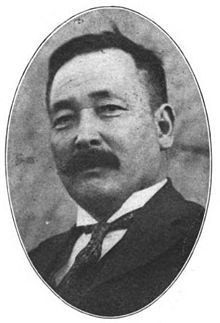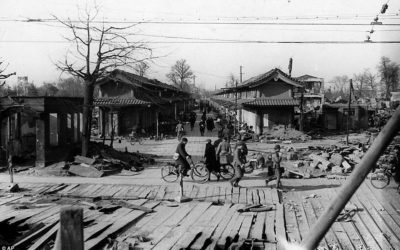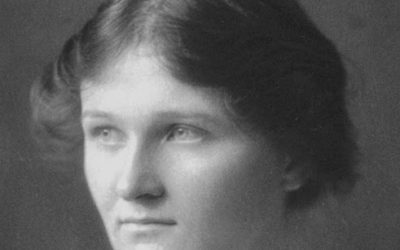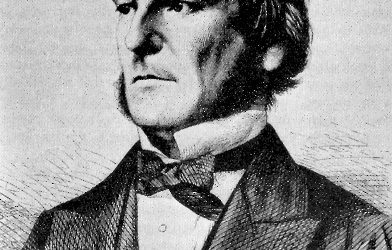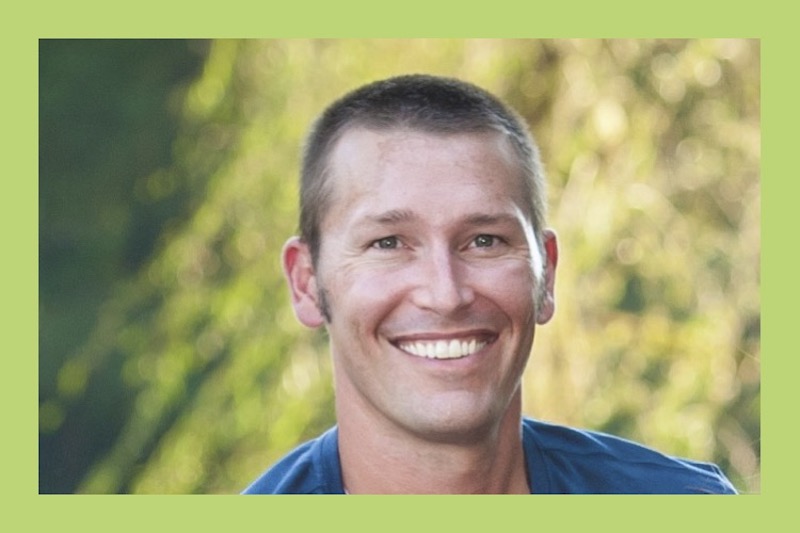In the late 19th and early 20th centuries is the story of a nation seeking respect from the rest of the world. To the Japanese, their ability to emulate the best qualities of the West while preserving their own traditional values was a source of great pride, and something that distinguished them among nations. But many observers in the West saw no distinction between the Japanese and the Chinese, or any other Eastern culture for that matter. Blinded by suspicion and hatred, these observers could not see the hopes and accomplishments of Asian immigrants. What they thought they saw was an insidious threat to their own culture, posed by devious foreigners with whom they had nothing in common; this was the so-called “Yellow Peril” that possessed many otherwise sane minds a century ago.
The United States of America, though it harbored many immigrants from China and Japan, was not free from paranoid delusions about the Yellow Peril. The powerful Hearst newspapers were full of fear-mongering stories about a “tidal wave” of Japanese immigrants sneaking across the Canadian border, stories of criminal goings-on in West Coast enclaves like San Francisco’s Chinatown, and the suggestion that Asians were subverting traditional American values merely by bringing their culture to the United States. Many immigrants struggled to prove that they were loyal citizens with something to contribute to their adopted home; few, however, struggled as energetically as the Japanese-American businessman George Shima, who made his fortune with that quintessentially American crop, the humble potato.
Kinji Ushijima was born in 1864 to a farming family in the city of Kurume (which, incidentally, is also home to the Bridgestone Corporation). As a young man he applied to enter the Tokyo Commercial School, but failed the entrance exam, mainly due to his poor knowledge of English. Thinking that learning English was his key to success no matter where he lived, he immigrated to the United States at the age of 25 determined to master it. Adopting the name “George Shima,” he worked first as a domestic servant in Sacramento, then moved on to the farms of the Sacramento Delta, where he worked as both a laborer and a labor contractor.
By the late 1890s, Shima had saved enough money to invest in land himself. Working with several fellow Japanese immigrants, he began to buy cheap swampland in the San Joaquin Delta, as acquiring developed and already-profitable farmland was far outside his means. The draining, diking and pumping undertaken by Shima and his associates in the Delta represent one of the largest land reclamation efforts ever made on the West Coast. Once the land was fit for use, Shima began to experiment with various crops, beginning with rice and eventually settling on potatoes.
This was far from an obvious choice. Potatoes were a uniquely American crop that Shima had little experience with, and because there was no Asian market for the produce he would need exceptional marketing skills to sell it. He would also be competing not with other upstart farmers like himself, but established farms with a reputation for quality. On the other hand, potatoes had a few crucial advantages that Shima astutely recognized. They’re resistant to dampness and cold temperatures, both of which were serious problems in the wet, swampy soil he owned. Potatoes are also less perishable than other vegetables, which meant that he could use long-distance shipping to reach a nationwide market. With other vegetables his ability to both produce and sell was severely limited, while the potato would give him two bumper crops a year and the whole United States to sell to. Shima leveraged this potential fully, becoming one of the first agricultural businessmen to brand his produce with the introduction of the “Shima Fancy” label for his potatoes.
Though he grew other crops as well, by 1909 Shima was known as the “Potato King of California.” He was also the first Japanese-American millionaire. Regrettably, as in many other cases, his success provoked spite from others. In the same year Shima moved to the upper-class town of Berkeley amid protests from its residents that he ought to live with other “Orientals.” A local newspaper summarized local opinion with the belligerent headline “Jap Invades Fashionable Quarters”. Shima was unruffled by these offensive overtures. He simply built a wall around his house, explaining to his suspicious neighbors that he was bowing to their expectation that his children not play with theirs and quietly donated money to local charities and causes.
Shima was able to slowly win over his immediate community, yet this was sadly far from the end of the xenophobic aggression he faced. The state legislature passed an Alien Land Law in 1913 designed to keep Asian immigrants from owning land. In the language of the law, “aliens ineligible for citizenship” were prohibited from owning agricultural land or taking out long-term leases on it. Already barred from citizenship by previous targeted legislation, Chinese and Japanese residents would now be deprived of basic property rights.
Shima spent much of his later life arguing against the anti-Asian sentiment expressed both in American periodicals and in the law itself. He perceived, rightly, that the laws restricting immigrants’ rights were not based on justice or sense, but on an irrational desire to rid the whole country of their presence. He asked authority figures in California whether hateful assaults on people just trying to live their own lives were consistent with the cherished American ideals of independence and fair play. Nativists charged that people like him were ruining America, but he made the point that those who hated him for being different, and for his success, were the real traitors to American ideals.
It was to such people that Shima wrote in his “Appeal to Justice” in 1920:
“The people of Japan, for two generations, have been taught friendship and good-will for the people of America. They have fostered respect for the ideals and institutions of the United States. Your great emancipators, your champions of liberty and equality have been idols of our students and young men. Your missionaries have preached to us not only the Christian gospel of brotherhood but the American ideals of equality and equity.
We know that the constitution of the United States guarantees to all ‘persons’ under the American flag the equal protection of laws. We have believed, as we still believe, that this is a promise of protection for the homes and fortunes of all who come here under the law and under the treaty to help you develop your great resources by their labor and enterprise.
In the face of all this, it is hard for us to believe that the present agitation against us has the sanction of Americanism—that it springs from the heart of the true American.”
Next Post: Ernest Everett Just, the “Black Apollo of Science” who asserted his independence against racial and professional discrimination.

